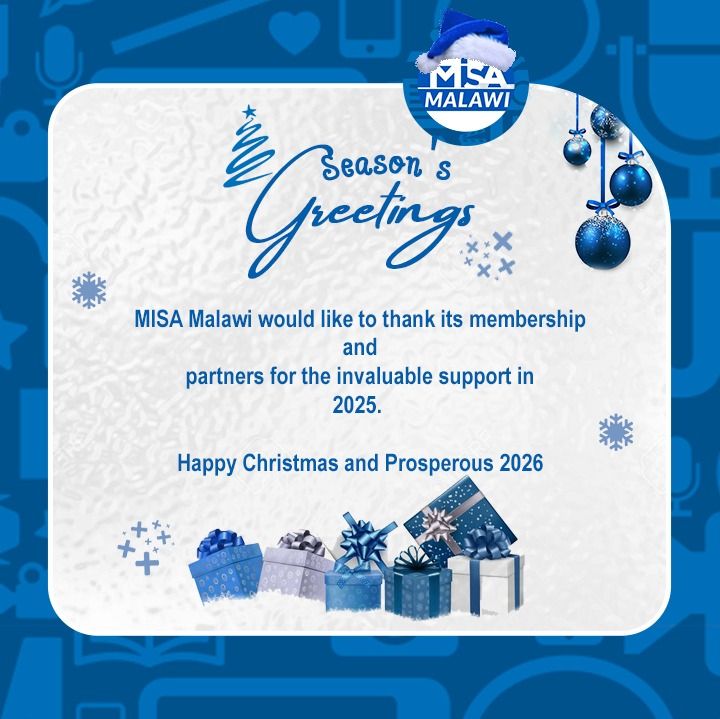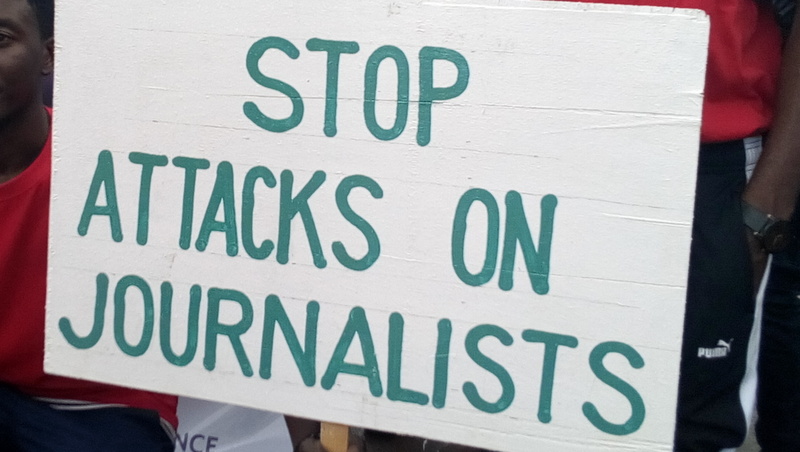MISA Malawi joins the rest of the world today, February 13, in celebrating World Radio Day (WRD) 2024 with a call for radio stations and personalities not to take political sides as preparations for 2025 tripartite elections commence.
In 2011, the UNESCO General Conference declared February 13 as World Radio Day and the United Nations General Assembly formally endorsed the day in 2012.`
World Radio Day 2024 is being observed under the theme ‘Radio: A century informing, entertaining and educating’, celebrating over 100 years of radio’s impact.
The day is celebrated to raise greater awareness on the importance of radio. It is the day that the world celebrates radio as a powerful and low cost communication tool that reaches the widest audience across the world.
The 2019 National Statistical Office and Malawi Communications Regulatory Authority (MACRA) Access and Usage of ICT Services Survey found that radio listenership in Malawi was at 71.2 percent. With a total of 76 national, regional and community radio stations currently licenced and allocated frequencies by MACRA, radio remains the most consumed and trusted source of information in the country.
As political parties and candidates are already in full swing, campaigning or positioning themselves for the elections in September 2025, many Malawians rely on radio for information and subsequent decision making. It is therefore important that radio stations provide information that is free from any political biases.
Instead of seeking to determine who wins elections, it is the duty of media houses including broadcasters to make sure that they level the playing field and facilitate critical debate for voters to make informed decisions.
Professionalism in radio stations and radio personalities in the coverage of political or election-related activities and individuals will not only support conflict prevention and peace building during elections, but will help in safeguarding media freedom and independence.
As we all understand and acknowledge, the good digital space has also provided a platform for parading misinformation, disinformation and hate speech, aspects that threaten democratic processes such as an election. We believe radio stations are a better platform for fighting misinformation in the electoral cycle.
It is that time to remember and cherish all those good times radio informed, educated and entertained us.
We wish all radio personalities, radio stations and radio listener a happy World Radio Day.
Media contacts
MISA Malawi Chairperson Golden Matonga
Cell: +265 99 616 9705 or email goldenmatonga@gmail.com
MISA Malawi National Director Aubrey Chikungwa
Cell: +265 999 327 311 or email info@misamalawi.org









